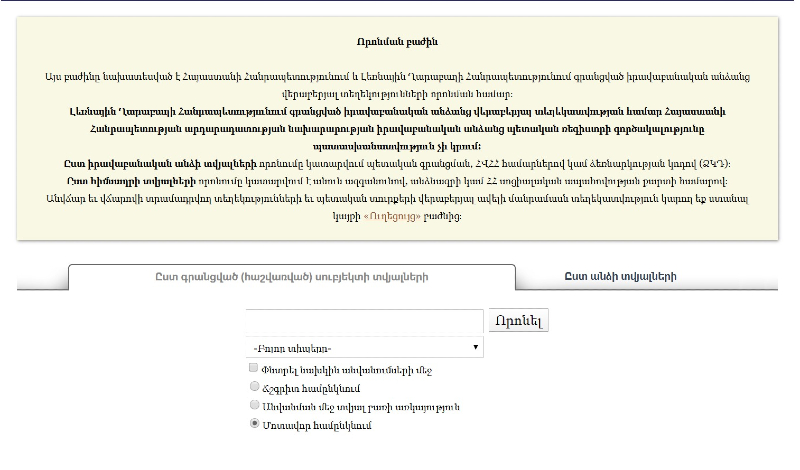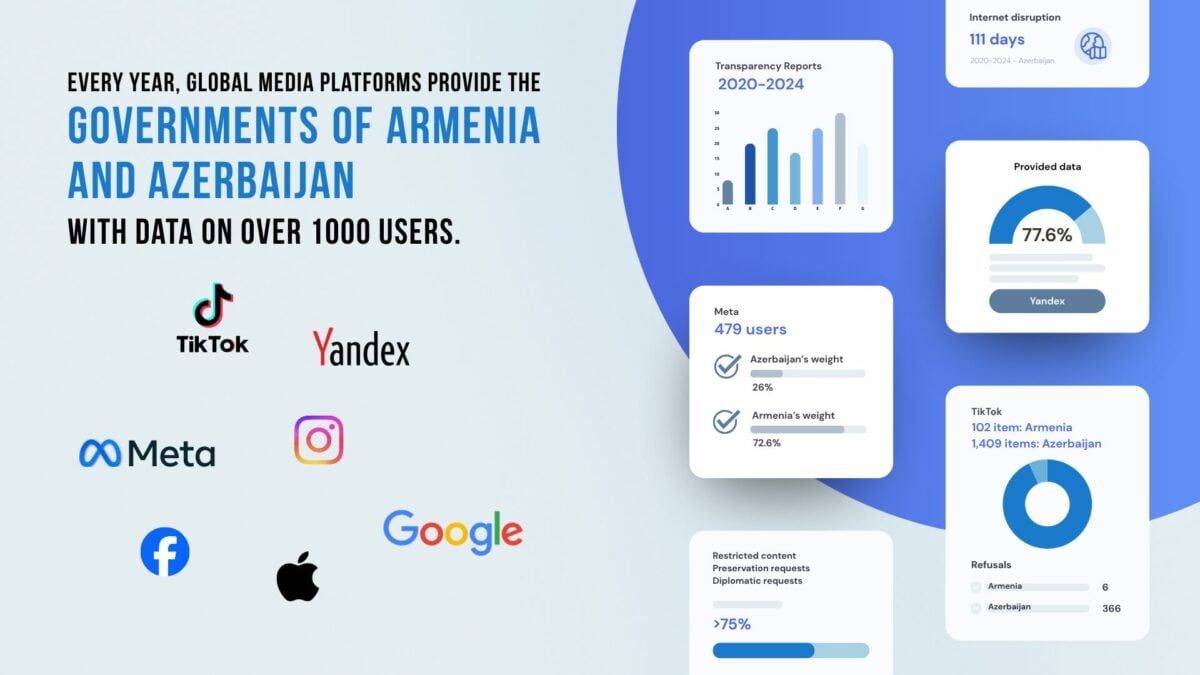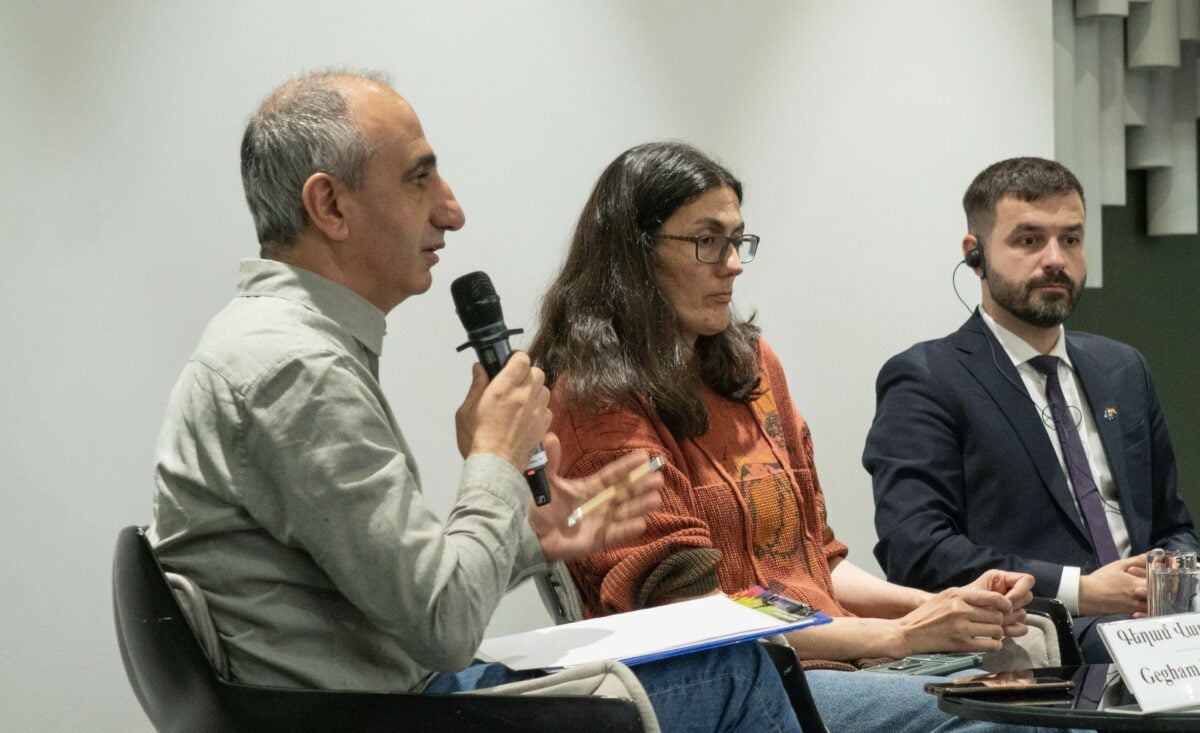The information in the register of the State Register of Legal Entities of the Ministry of Justice for the media will be available for free starting today.
From now on, legal entities and individual entrepreneurs carrying out media activities can submit the completed applications to the territorial service offices of the State Register Agency with the attached documents.
As reported by the Ministry, taking into account the state of emergency and restrictions on the right to move in the country until the end of the state of emergency, the application and documents can be submitted electronically by sending it to [email protected].
An editorial office can only have one login and password. Different journalists from the same editorial office cannot have separate passwords.
The results of the examination of the application and the attached documents will be summarized within three days after the application is submitted.
In the past, in order to get information about each legal entity, journalists had to pay the established state fee, which is 3,000 AMD for each document. According to the recent amendment to the Law on Mass Media adopted by the National Assembly, this information can be obtained free of charge.
According to Tata Mkrtchyan, Deputy Head of the State Register Agency, the application must contain the name of the media outlet, information on the legal entity or individual entrepreneur carrying out news activities, and in the case of a website, the website address, a copy of the identification card of the legal entity, the latter’s e-mail address, and if the media operator is a sole proprietor, a copy of the latter’s identification card and e-mail address.
With this addition to the Law on Mass Media, a website containing information within a domain that is either owned or leased and the information contained in clauses 1 and 2 of Article 11 of the Law on Hosting has been included in the concept of media.
Vahagn Tsoyan, a member of the National Assembly’s Committee on Science, Education, Culture, Diaspora, Youth and Sports, says “the Law on Mass Media is imperfect and needs to be revised, but with that small change, in addition to television, radio and newspapers, websites of the state registry can also get acquainted with the data for free.”
According to Vahagn Tosyan, the goal is the same, so that no media outlet is left out. The deputy does not rule out that, for example, mushroom websites can also take advantage of that opportunity.
A list of information on those who have received passwords to actually use the state register for free will be compiled. The list will be kept by the State Register Agency, but the law does not provide for its publication.
Shushan Doydoyan, President of the Freedom of Information Center, says that the right to receive information cannot be a privilege for some groups and not for others.
“The logic of change is wrong, it contradicts the constitution and the law on freedom of information,” she said.
Shushan Doydoyan is sure that this should be immediately followed by the opening of the state register data to all members of the public, although there have been no such talks yet.
According to Vahagn Tosyan, they discussed the prospect of making the register data free and open for everyone with the Ministry of Justice.
In the past, negative opinions were voiced by the representatives of the sphere on the draft law.
In this regard, a number of journalists’ organizations even issued a statement demanding:
– to remove the provisions envisaging registration of mass media from the package and not to connect it with the journalists by providing free information from the State Register,
-to make any new legislative initiative or idea related to the media activity in the field of information, first to be the subject of expert discussion, then to work on the bills together with the journalistic community and the civil society.
Anahit Danielyan







